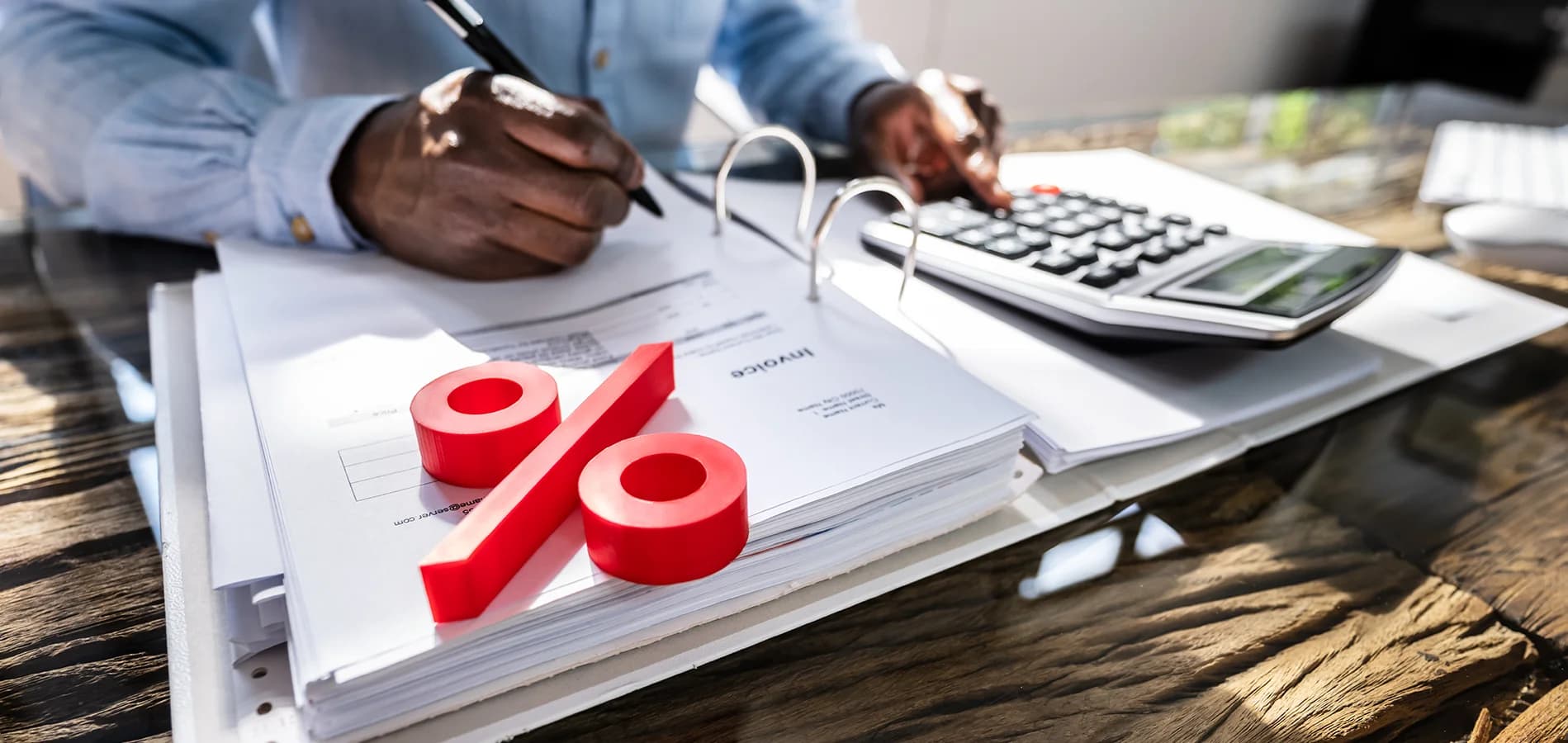Blog Search
Mistakes To Avoid as a First-Time Home Buyer

Finally choosing to buy your first home is like levelling up a character in a video game. The difference is that instead of unlocking new tools and upgrades you get a mortgage and a front lawn to mow. But before you dive in head first into the thrilling ride that is home ownership there are some classic blunders that you need to be sure to avoid.
So, let's see "What Not to Do" before you start on your epic quest as a first-time home buyer.
01Making the minimum down payment
The minimum down payment in Canada is 5% but just because you are allowed to pay 5% doesn't mean you should. As a first-time home buyer saving up for a down payment is the first thing you work on and that is why there are two things you need to understand about it.
First, the more you pay as a down payment the less you pay in monthly mortgage repayments. Secondly, if you pay less than 20% down payment then you will have to purchase mortgage loan insurance which is another 2.80% of added costs to your monthly payments every month. That being said if you can't afford a 20% down then there is no need to push yourself. As long as you pay an amount that keeps your monthly payments manageable you are good to go.
02Delaying the Mortgage Pre-Approval Process
Securing a mortgage pre-approval involves a straightforward online application that takes just a few minutes to complete. Some prospective homebuyers opt to explore the housing market before obtaining pre-approval, which may appear to be a sensible initial approach. However, there's a significant drawback to this strategy: the possibility of discovering your ideal home only to realize you lack the necessary financing. Pre-approval not only aids in assessing your budget but also ensures you're well-prepared financially for your property search.
03Overlooking the right Mortgage Fit

When you're looking for a mortgage, it's not just about getting the best interest rate. It's also about finding the right lender who understands your needs. A good lender not only cares about what's best for you but also works with you to find a good interest rate, and a payment plan that fits your situation, and even offers options like online transactions to make things easier for you.
04Not Looking into government first-time home buyer programs
Newcomers to the real estate market often underestimate the multitude of incentive programs designed to provide them with deductions for their initial home investment. In Canada, several distinct initiatives are in place to help you maximize your savings and enhance your home equity.
Canadian Home Buyers Plan (HBP): This program allows you to borrow up to $35,000 from your Registered retirement savings to use towards a down payment.
CMHC First-time Home Buyers Incentive Program (FTHBI): This program lets you borrow between 5% to 10% from the CMHC to put towards your down payment.
Tax Credit for First-Time Homebuyers: The Canadian government offers a tax credit to individuals purchasing their first home, which serves as a financial buffer against significant closing expenses. This credit can amount to $10,000 as a non-refundable income tax credit, translating to approximately $1,500 in federal tax relief.
Land Transfer Tax Refunds: Some provinces like Ontario offer first-time home buyers an incentive to reduce closing costs, specifically land transfer tax. You could get a refund of up to $4,000 as a first-time home buyer. Plus, certain municipalities like Toronto offer an additional rebate of their Municipal Land Transfer Tax, which maxes out at $4,475.
Read More: 5 First-Time Home Buyer Rebates That Will Help Save on Closing Costs
05Emptying your savings account
Buying your first home is a big deal, and it's usually one of the most expensive things you'll ever do. But that doesn't mean you should empty your savings account just to make the down payment. If you use up all your savings, you could find yourself in a tight spot if unexpected things happen, like medical bills or losing your job. It's a good idea to save more than just the minimum you need for the down payment and also build up an emergency fund. This way, you'll have some financial cushion in case anything unexpected comes up, and it'll give you peace of mind.
BOTTOM LINE
When you're on the journey of buying your first home, it's crucial to avoid some common pitfalls. Firstly, resist the urge to make a minimal down payment and aim for a more manageable 10-20% to ensure comfortable monthly payments. Getting pre-approved for a mortgage early on is a wise move, preventing the heartache of falling for a home you can't afford. Don't just chase the best interest rate but also find a lender who suits your needs and schedule. Investigate first-time homebuyer programs to maximize your savings.
Lastly, refrain from draining your entire savings for a down payment; maintaining an emergency fund ensures financial security in unforeseen circumstances. Ultimately, this approach will not only help you become a homeowner but also safeguard your financial well-being in the long run.
Blog Search
Popular Blogs
Popular Blogs
The trademarks MLS®, Multiple Listing Service® and the associated logos identify professional services rendered by REALTOR® members of CREA to effect the purchase, sale and lease of real estate as part of a cooperative selling system.

